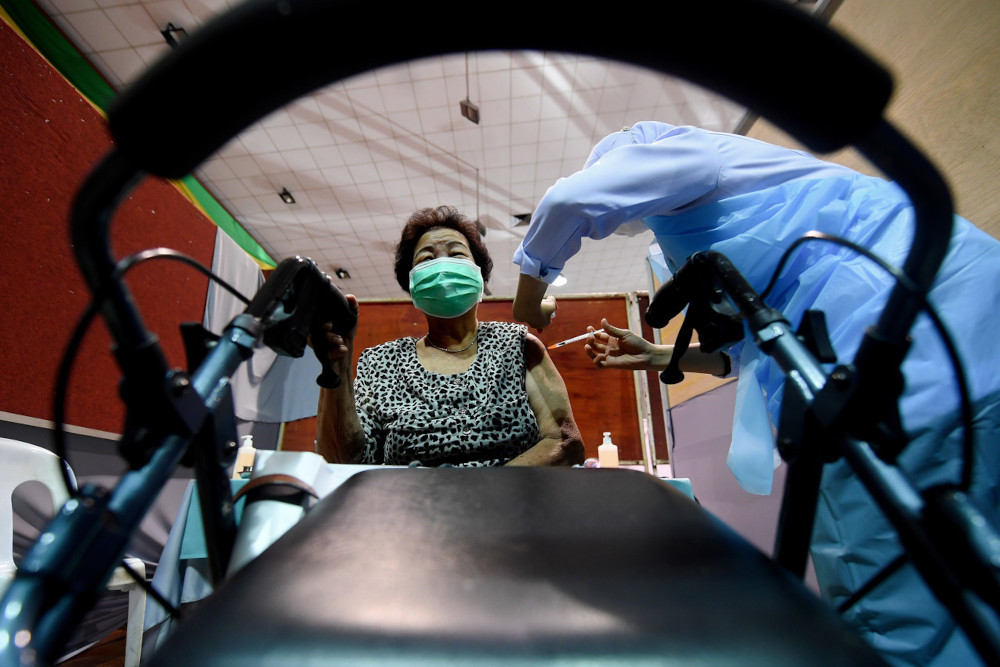KOTA KINABALU, July 5 — Admitting that vaccine supply to Sabah has been slow moving, Chief Minister Datuk Seri Hajiji Noor has urged Putrajaya to speed up delivery of the Covid-19 vaccine to the state.
He said that its health authorities have set up the facilities and infrastructure to hasten the immunisation process but was hampered by the lack of consistent supply.
“We have opened up 151 vaccines administration centres (PPV) throughout Sabah and mobilised outreach programmes to the interior but unfortunately supply of vaccine is slow,” he said.
Also affected by the shortage of vaccines was the Public-Private Partnership Covid-19 Industry Immunisation Programme or Pikas, which was to start this month.
Hajiji said he hoped the vaccine supply would reach Sabah soon as promised by the federal government.
“We want to meet the target of 30,000 people vaccinated daily this month under the National Covid-19 Immunisation Programme,” he said.
His statement comes after the federal government ostensibly rejected the state’s wish to go into its own recovery plan and open up more business sectors including dine-in and other socio economic activities.
Last weekend, federal minister Datuk Seri Ismail Sabri Yaakob announced that Kelantan, Perak, Pahang, Perlis, and Terengganu, would transition from Phase One to Phase Two of the NRP starting today, leaving Sabah out despite Hajiji having made his announcement on June 28.
According to statistics shared by the government earlier today, Sabah is on its way towards transitioning into Phase Two, but fell short of the requirements with only 7.8 per cent of its population having received the second dose of the Covid-19 vaccine, short of the required 10 per cent threshold.
Sabah’s local authorities have nevertheless gone ahead with the chief minister’s announcement which is to allow dine-in as of June 29.
However, official SOPs have yet to be issued, but patrons are urged to abide by SOPs from before.
Although eateries have been reluctant to open due to some confusion at first, most are now emboldened after local authorities have given the “green light”.




















